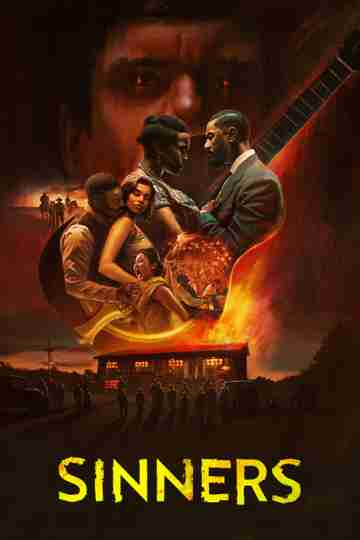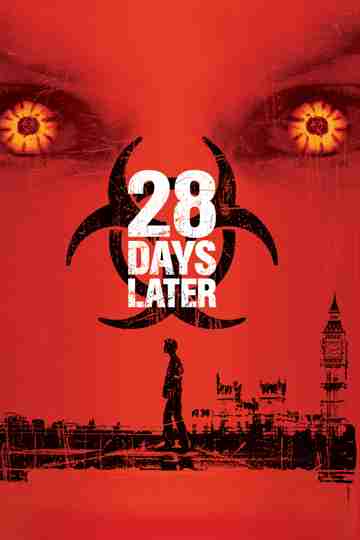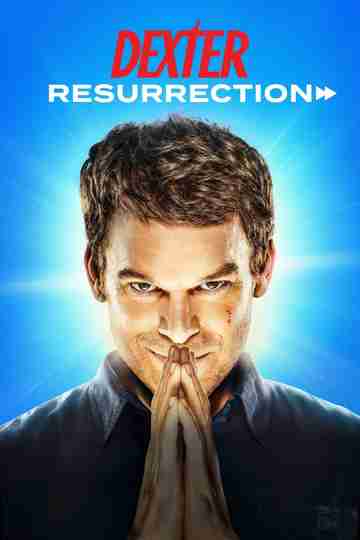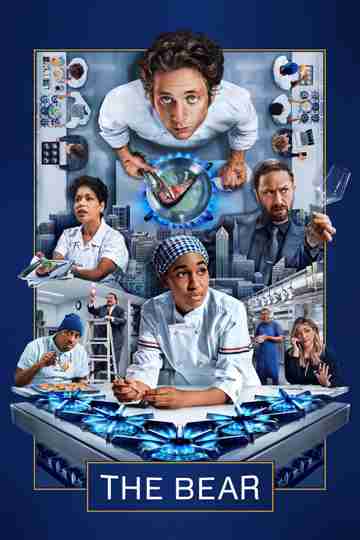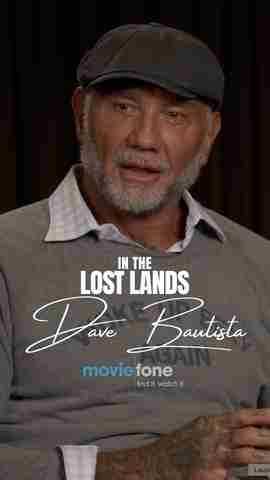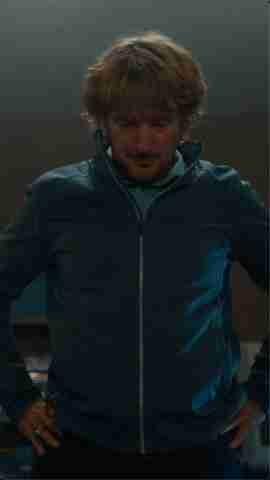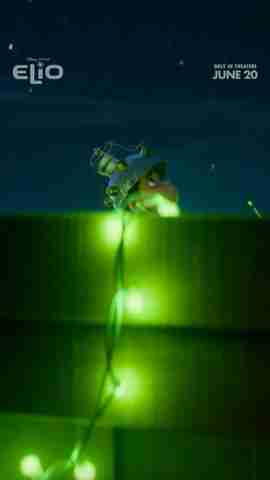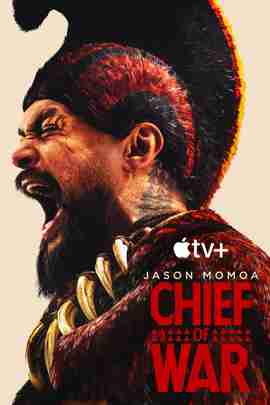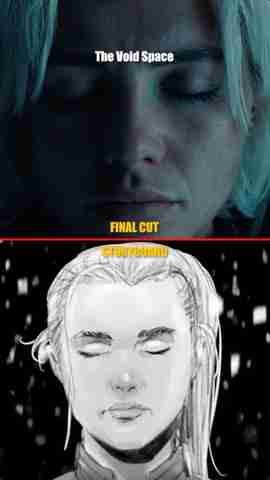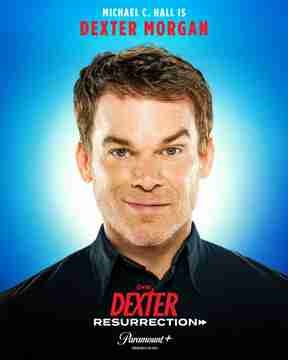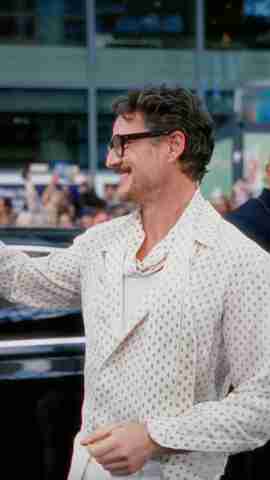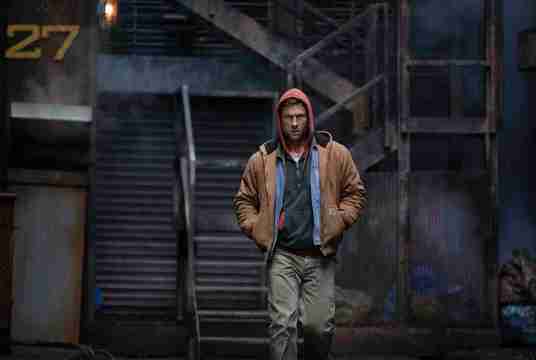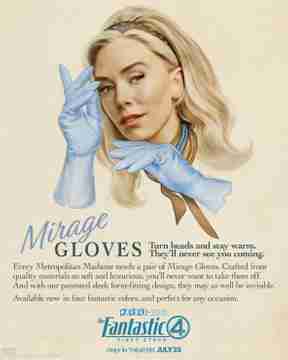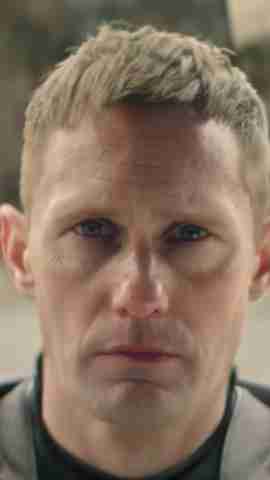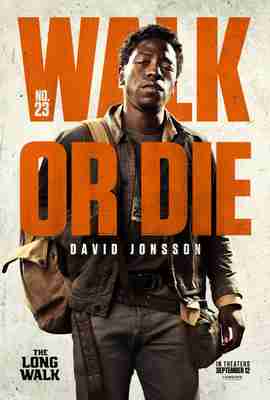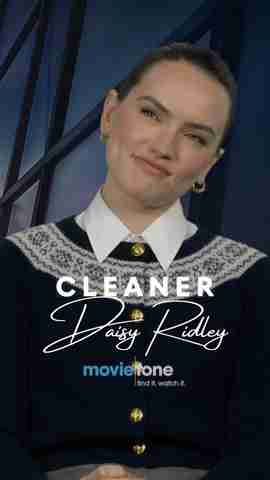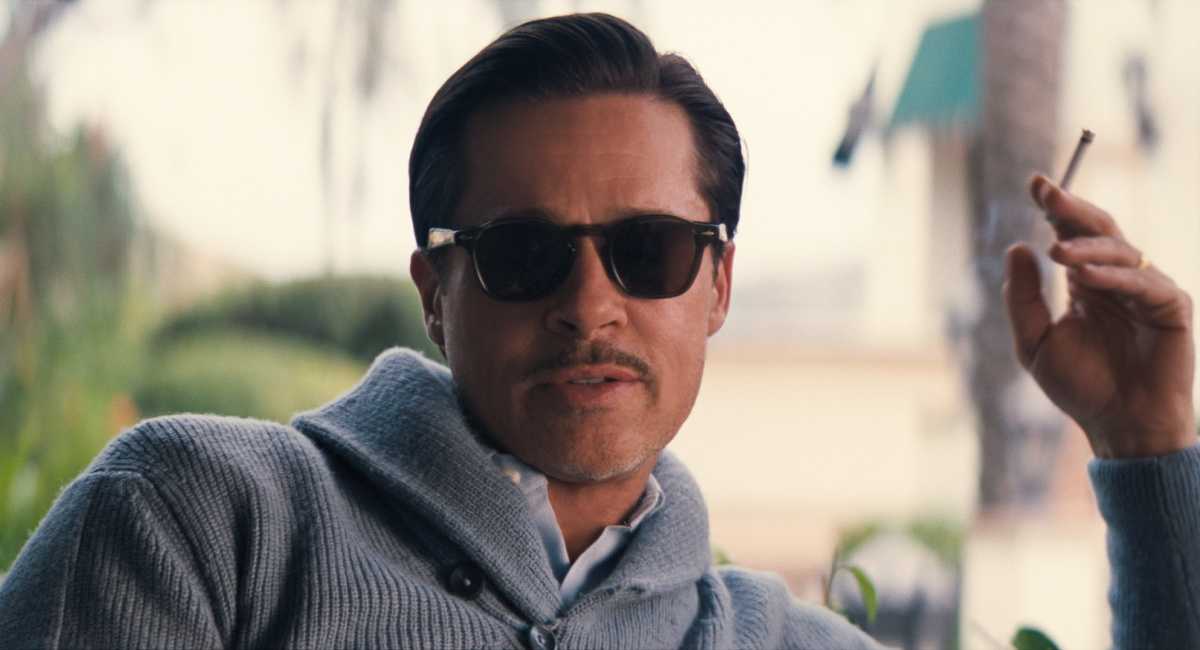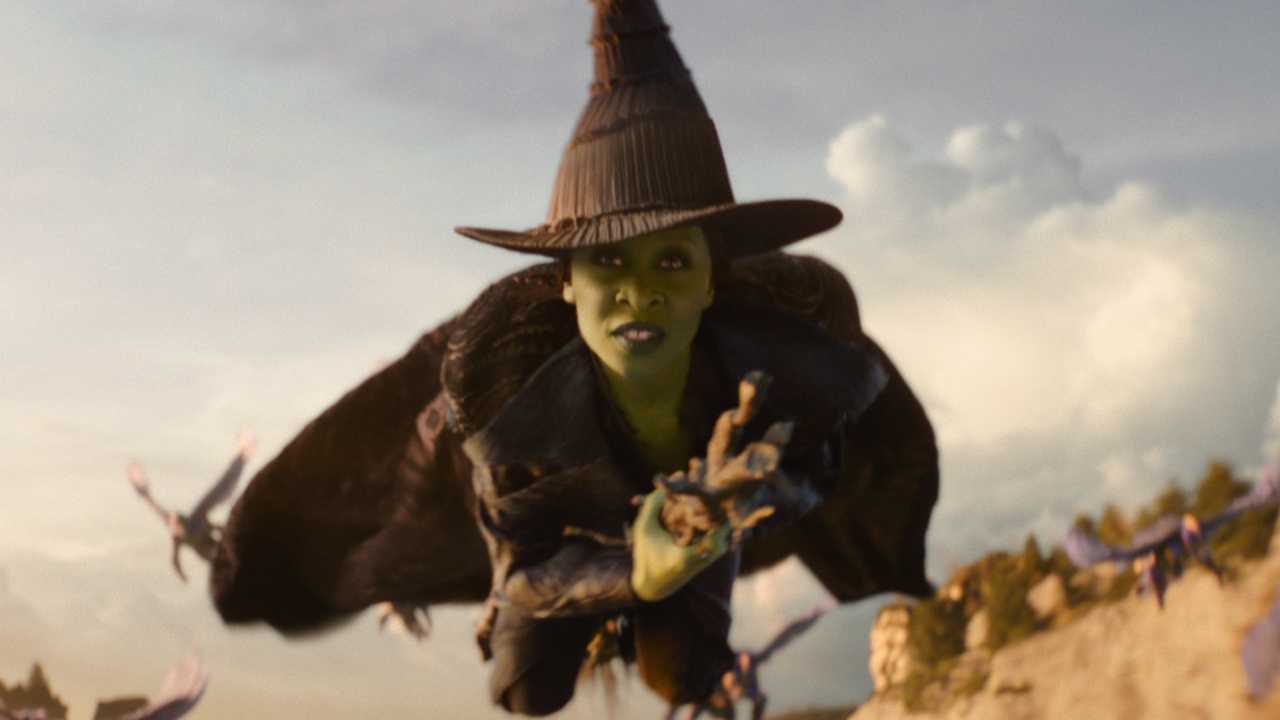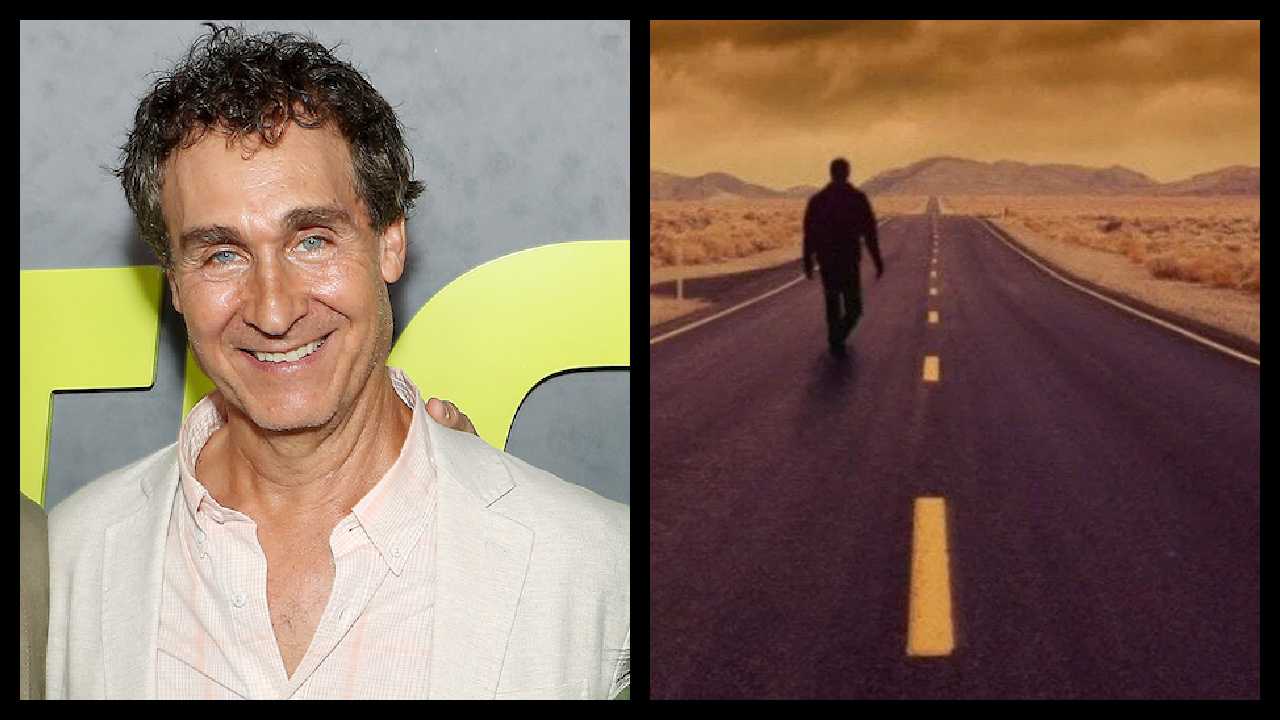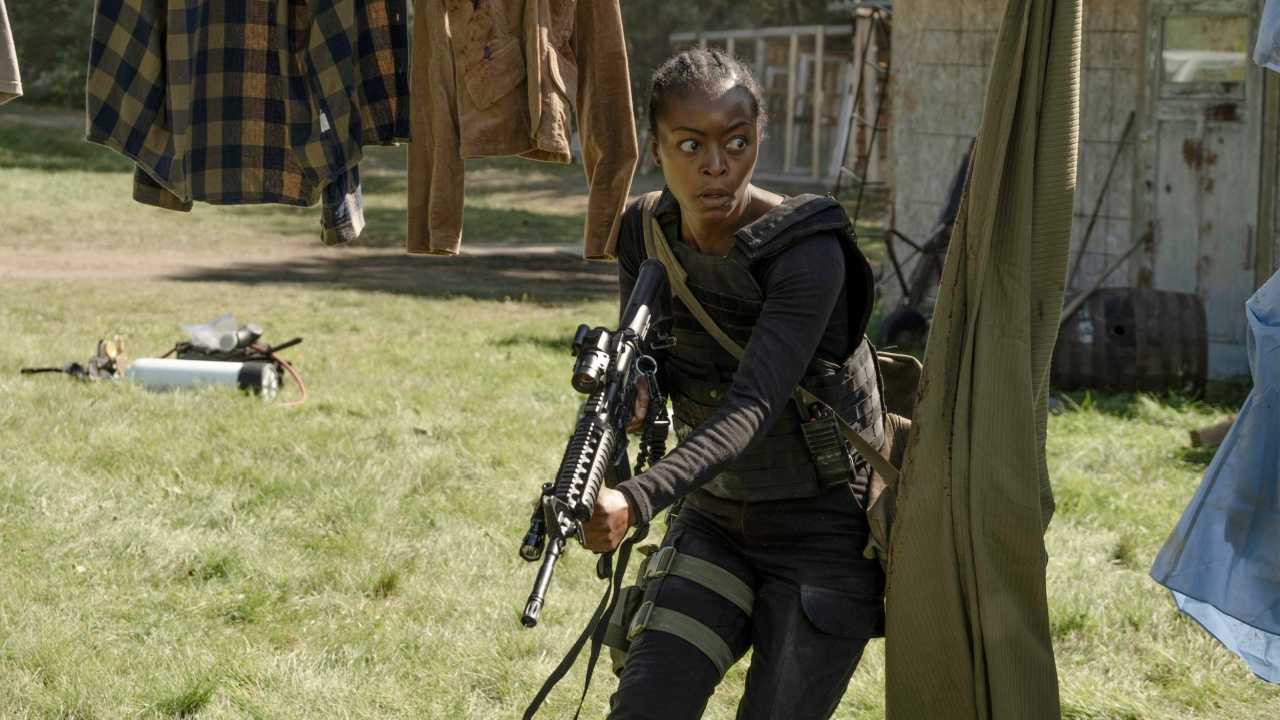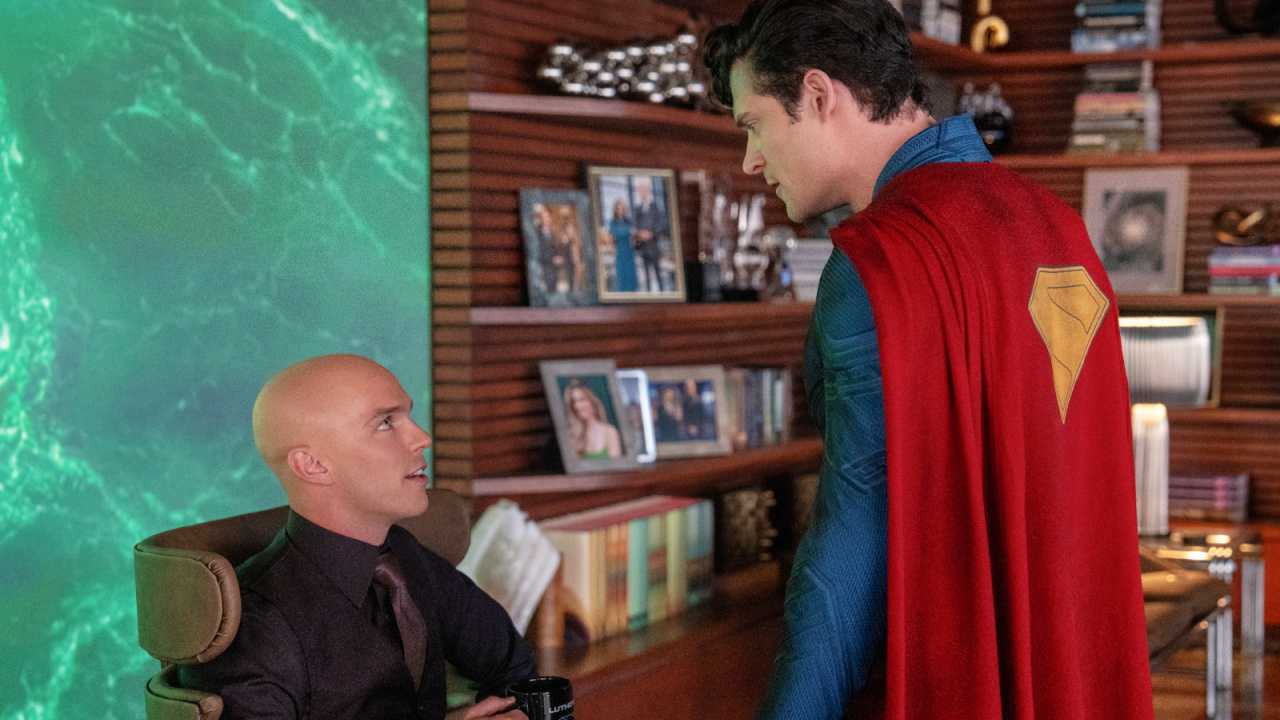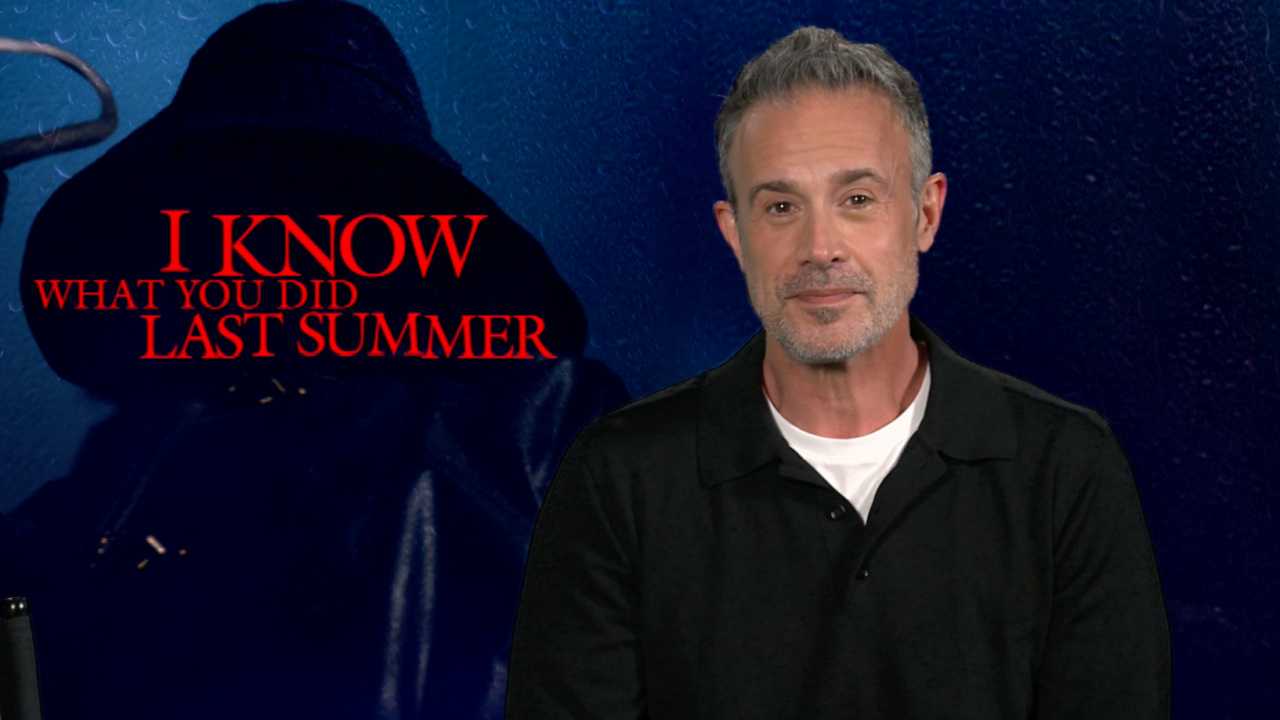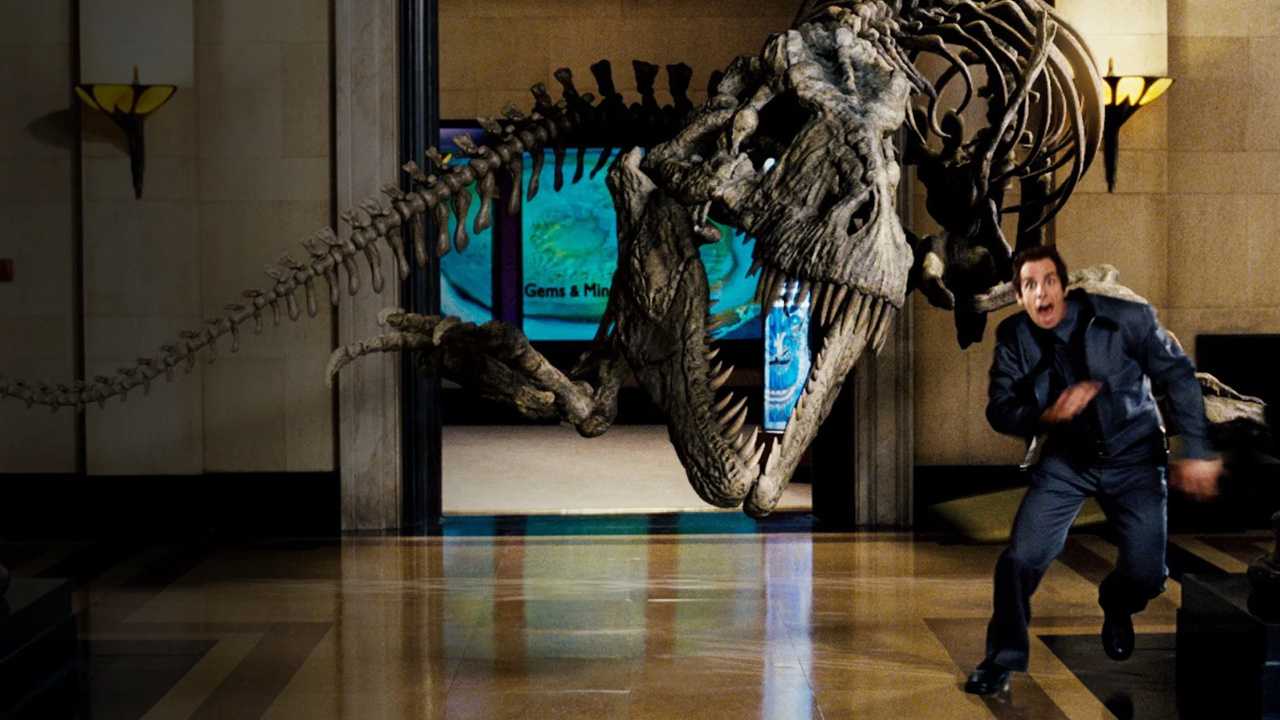'First Man' Review: Ryan Gosling's Latest Oscar Contender Is a Ride Worth Taking
There have been many movies about the space race, from “The Right Stuff” to “Apollo 13,” but none have felt as visceral, and intimate, as “First Man.”
Director Damien Chazelle puts audiences inside each capsule, and eventually (spoiler alert) on the face of the moon like no one has done before, and it is a ride worth taking -- and not just because you’re sitting next to Ryan Gosling. Rather, it’s because Chazelle’s follow-up to “La La Land” is, like its predecessors, more than the sum of its parts -- in this case, the film is a celebration of the ambition and unity of mankind built on a foundation of individual sacrifice, and in recovery from unimaginable loss.
Gosling plays real-life astronaut Neil Armstrong, a pilot who, in screenwriter Josh Singer’s retelling, turned to the space program as an escape after the loss of his daughter, Karen, to a brain tumor. Joining a team of the best pilots and engineers in the country -- including Elliot See (Patrick Fugit, “Gone Girl”), Ed White (Jason Clarke), David Scott (Christopher Abbott), and Buzz Aldrin (Corey Stoll) -- Armstrong embarks on a long journey to prepare himself for the scientific and physical challenges of space travel.
Meanwhile, Armstrong’s wife, Janet (Claire Foy), tends to their two boys while confronting the ongoing prospect of losing her husband in the same way some of her fellow housewives have. Sadly, she is unable to talk directly with Neil about that possibility.
Despite a life-threatening malfunction during Gemini 8, Neil’s first mission into space is considered a success, and NASA makes plans to initiate a new program to land men on the Moon. But after a routine test during Apollo 1 ends in the tragic loss of life for three of his colleagues, Armstrong finds himself in a unique position as he’s exhilarated to be chosen for the mission, but confronted ever more vividly with the mortal dangers of this monumental voyage.
Particularly in the wake of those previous films that have covered these events, you’d be forgiven for entering “First Man” expecting a seemingly never-ending series of flat top haircuts, hand-wringing housewives, Walter Cronkite cutaways, and some great space footage. And, to be fair, there is some of that, albeit in more of an effort to set a tone than luxuriate in period detail. But Chazelle’s camera peers mercilessly at his characters, in particular Gosling’s Armstrong, who we see break down after his daughter’s death, but who seems to vow never to succumb to that vulnerability again, no matter how many of his colleagues and friends he may lose.
This is a movie about risk, and especially loss, and the filmmaker never lets the mechanics of space flight -- no matter how detailed or tedious -- overshadow the feelings of the men who made the incremental, precarious progress that eventually took us to the stars, nor the family and friends who watched them, excited and concerned, from the ground.
To call this an all-star cast is an understatement, but it feels like the material, and the era in which it’s set, obliterates the sort of star-wattage flashiness that might otherwise make this a revolving door of famous faces. Gosling is the film’s anchor; he makes Armstrong’s real-life reticence feel palpable -- both when he’s flipping switches and solving problems inside a Gemini capsule and when he’s coming to terms with another program setback that cost him a colleague he’s spent years beside.
Stoll gives Buzz Aldrin a delightfully clumsy sort of honesty that registers as perhaps the most charismatic performance of the astronauts, but it’s a necessary juxtaposition next to the compassionate resolve of Clarke’s Ed White, or the reluctant diplomacy of Kyle Chandler’s Deke Slayton, a former astronaut juggling the practicalities of each mission, the expectations and ambitions of his successors, and the anxieties of the families they leave behind.
Chazelle really is such an invigorating talent, not just because of his own ambition in tackling material like this, but in his restraint in executing it; he explores this history soberly, and allows theatrical flourishes only occasionally, and to great effect -- such as when the claustrophobic capsule opens to the panoramic IMAX frame of the lunar surface.
What he recognizes is that these events changed the way that we look at our world, but they are seldom viewed as an iterative process, and more specifically, one in which triumph occurred in immediate relief with tragedy, and vice versa. What is ultimately most impressive is how a filmmaker could take an achievement so big and make it seem so relatable and small.
“First Man” certainly makes you understand, and experience, each step forward in the Space Race, but the reason it resonates so strongly is because it’s really about the lengths a person will go to get as far as possible from their pain.

